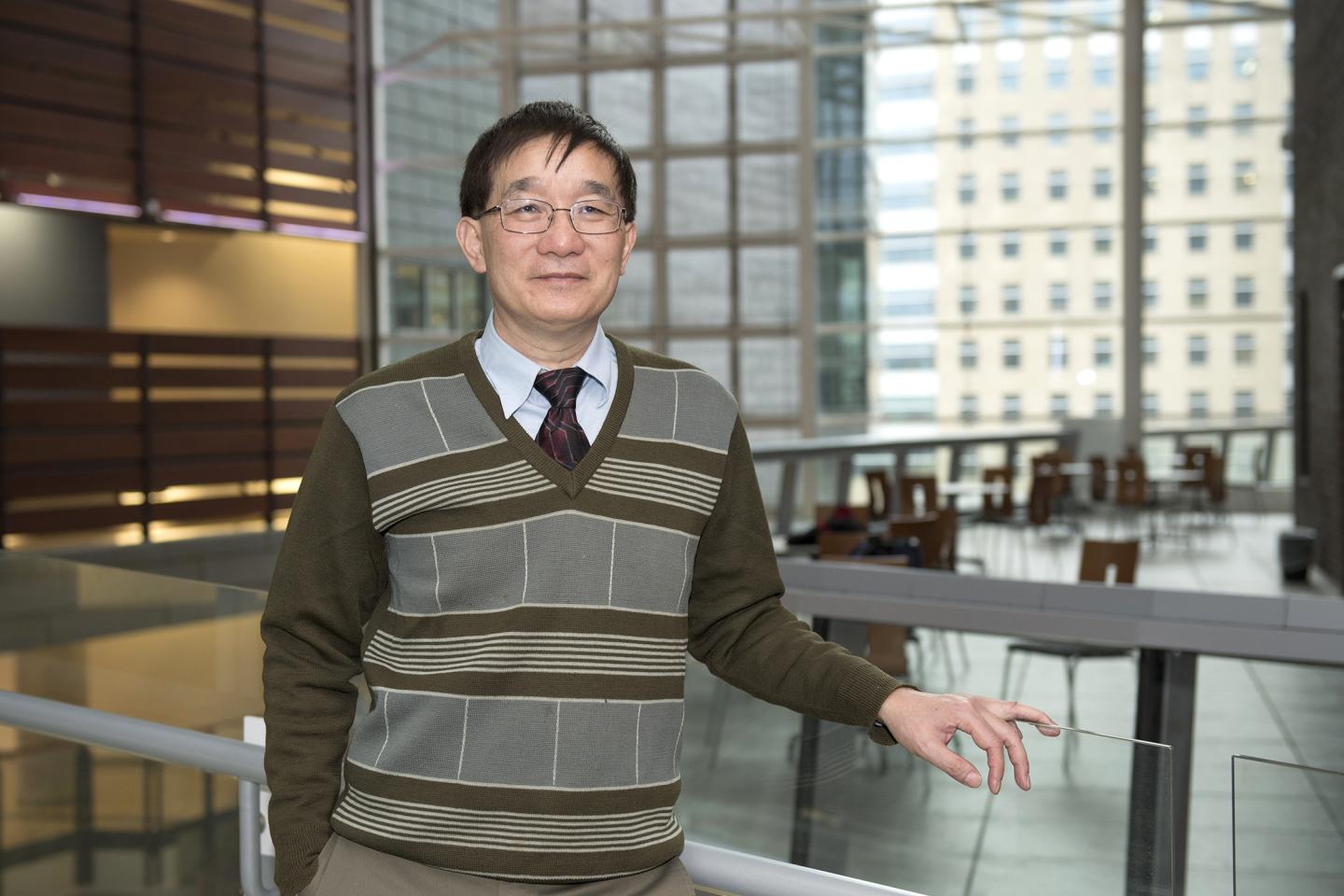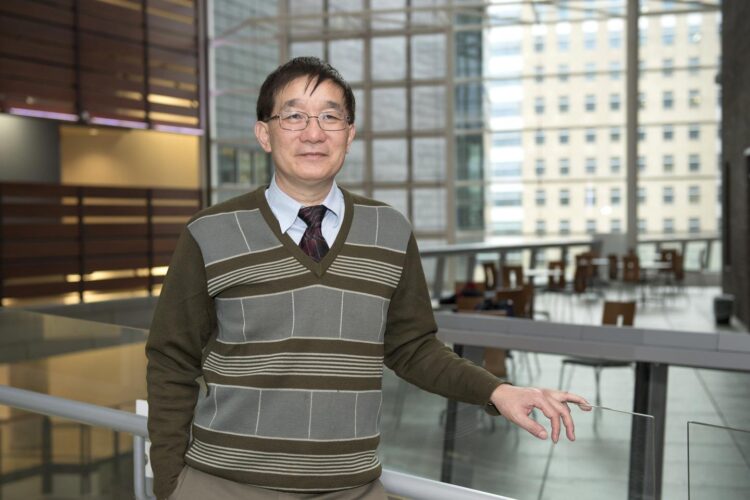Pharmaceutical scientist sees potential problems with remdesivir as a COVID-19 treatment

Credit: University of Cincinnati
While the world has its eyes on vaccines to stop the spread of coronavirus, therapeutics are still necessary to treat hospitalized patients. One of these treatments, remdesivir, is the first and only antiviral agent of its kind that the U.S. Food and Drug Administration (FDA) has approved so far for COVID-19.
Research at the University of Cincinnati, however, contends that this antiviral drug is being used too indiscriminately when treating patients hospitalized with the virus. The study is published in the journal Fundamental & Clinical Pharmacology.
The FDA approved remdesivir, marketed as Veklury, for emergency use authorization in May 2020 to treat COVID-19 and granted full approval for treatment in October 2020. The World Health Organization came out in November 2020 with a conditional recommendation advising against its use entirely citing: “More research is needed, especially to provide higher certainty of evidence for specific groups of patients.”
In the UC study, lead author Bingfang Yan, a pharmaceutical scientist, and his UC graduate students Yue Shen and William Eades, found that the drug permanently stops the activity of an enzyme called CES-2, which is found in the intestine, liver and kidney and is needed for the breakdown of many medications.
“This enzyme normally breaks down and activates medicines in certain antivirals or inactivates other medicines such in certain anticoagulants,” says Yan, professor at the James L. Winkle College of Pharmacy. On the other hand, he says this breakdown increases the toxicity of many more medications such as with heart medicines and anticancer drugs.
An antiviral is a drug against viruses and an anticoagulant is a drug that hinders the clotting of blood.
What further complicates the issue, Yan says, is that when delivered through an IV, remdesivir does not treat the virus unless the body has additional specific enzymes, which are not found in all patients. It can also cause other antiviral drugs, such as those used for HIV/AIDs and hepatitis C, to not work properly.
Remdesivir is only administered through the veins in a hospital setting, with the FDA typically recommending a dose of once a day, for approximately 10 days, and “intravenous injection of remdesivir can cause safety concerns because of high initial concentrations of the drug in the system,” says Yan, noting, “If physicians use it, they have to use it with caution.”
He adds, “Clearly, the treatment should be used for the right patients and in the proper dosages with care when used in combination with other medications.”
###
Yan’s UC laboratory studies how drugs are metabolized in the body to see if certain people should or should not use the drug or use it at a different dose. He has, for decades, been supported by the National Institutes of Health.
Media Contact
Angela Koenig
[email protected]
Related Journal Article
http://dx.





